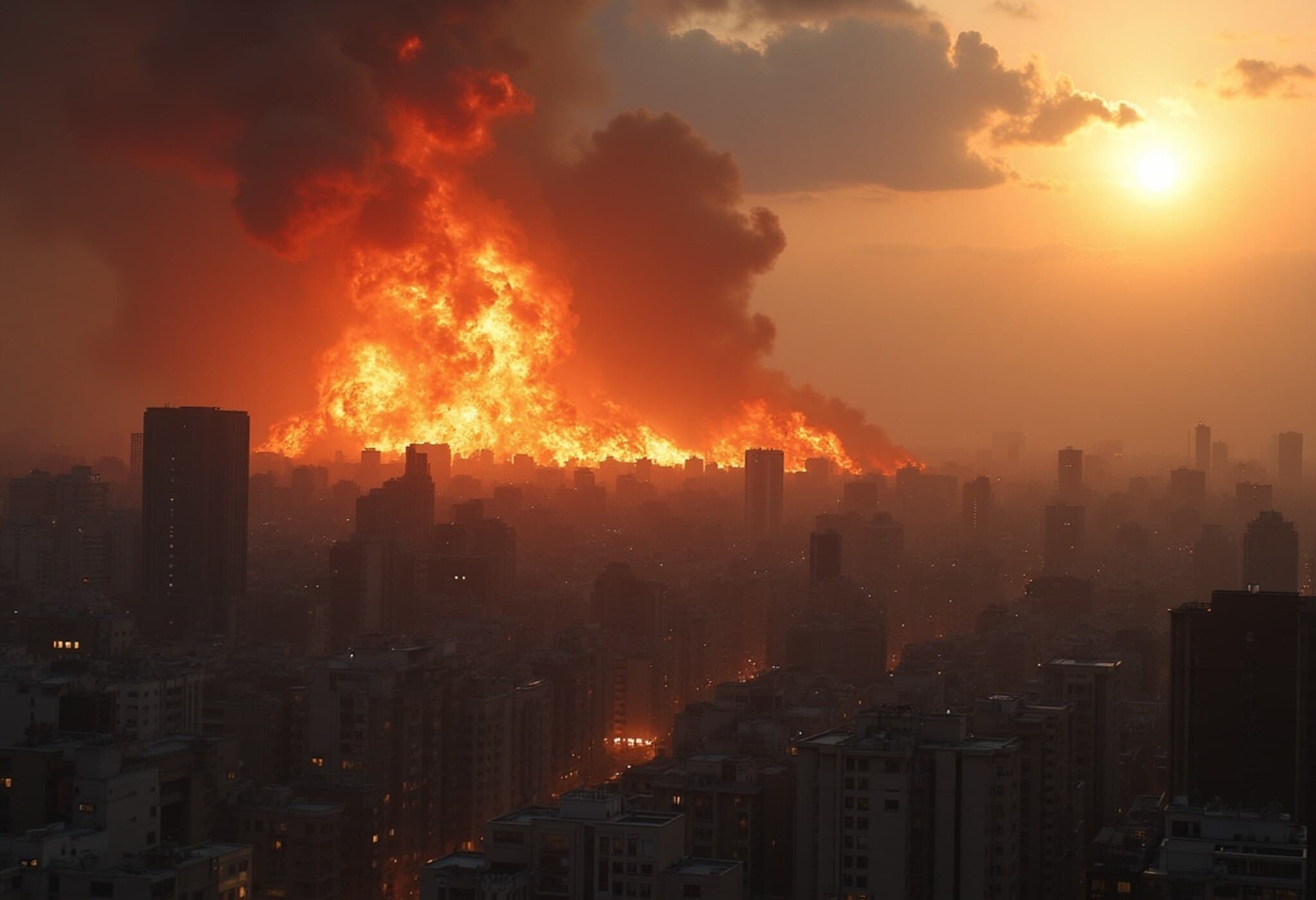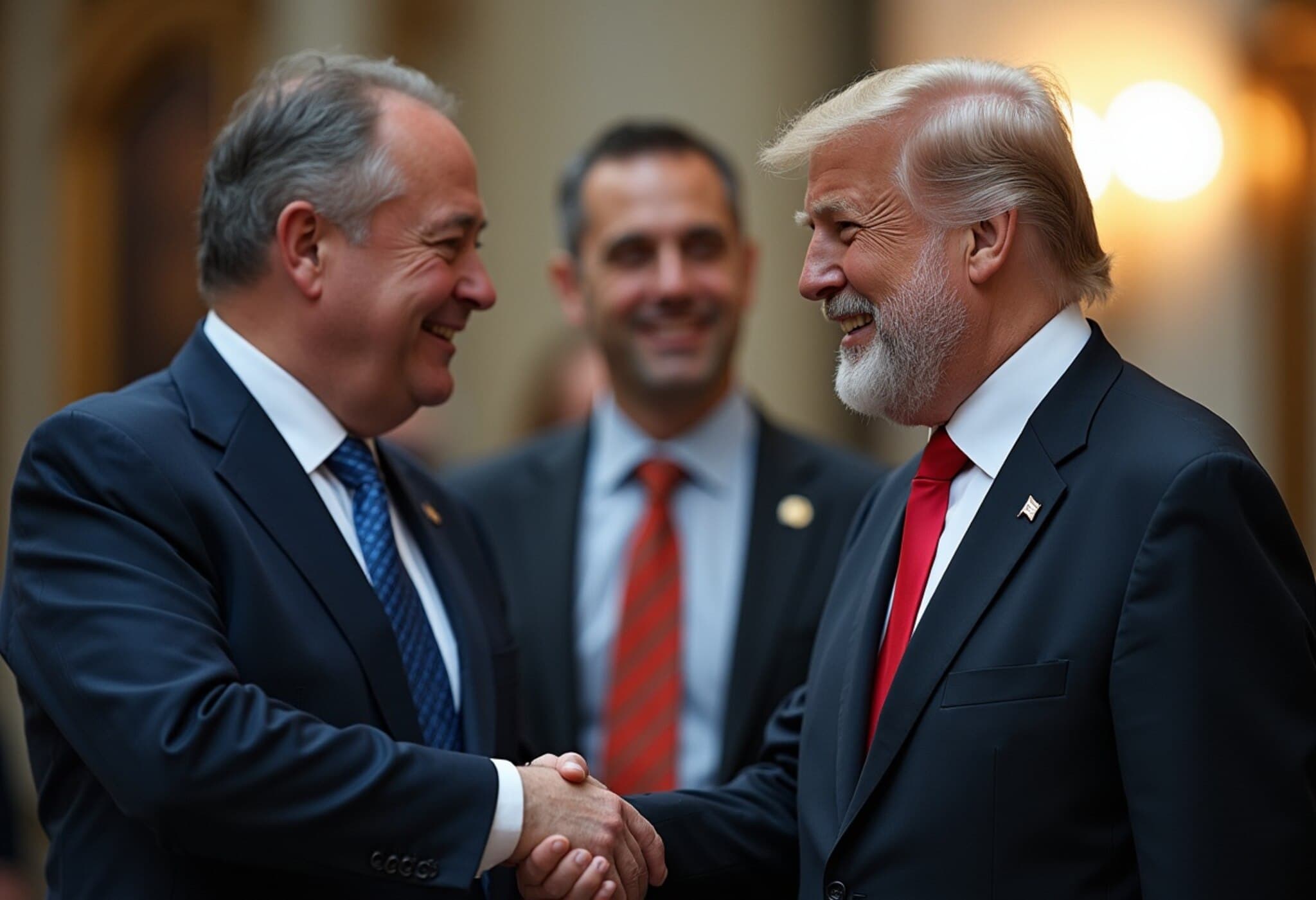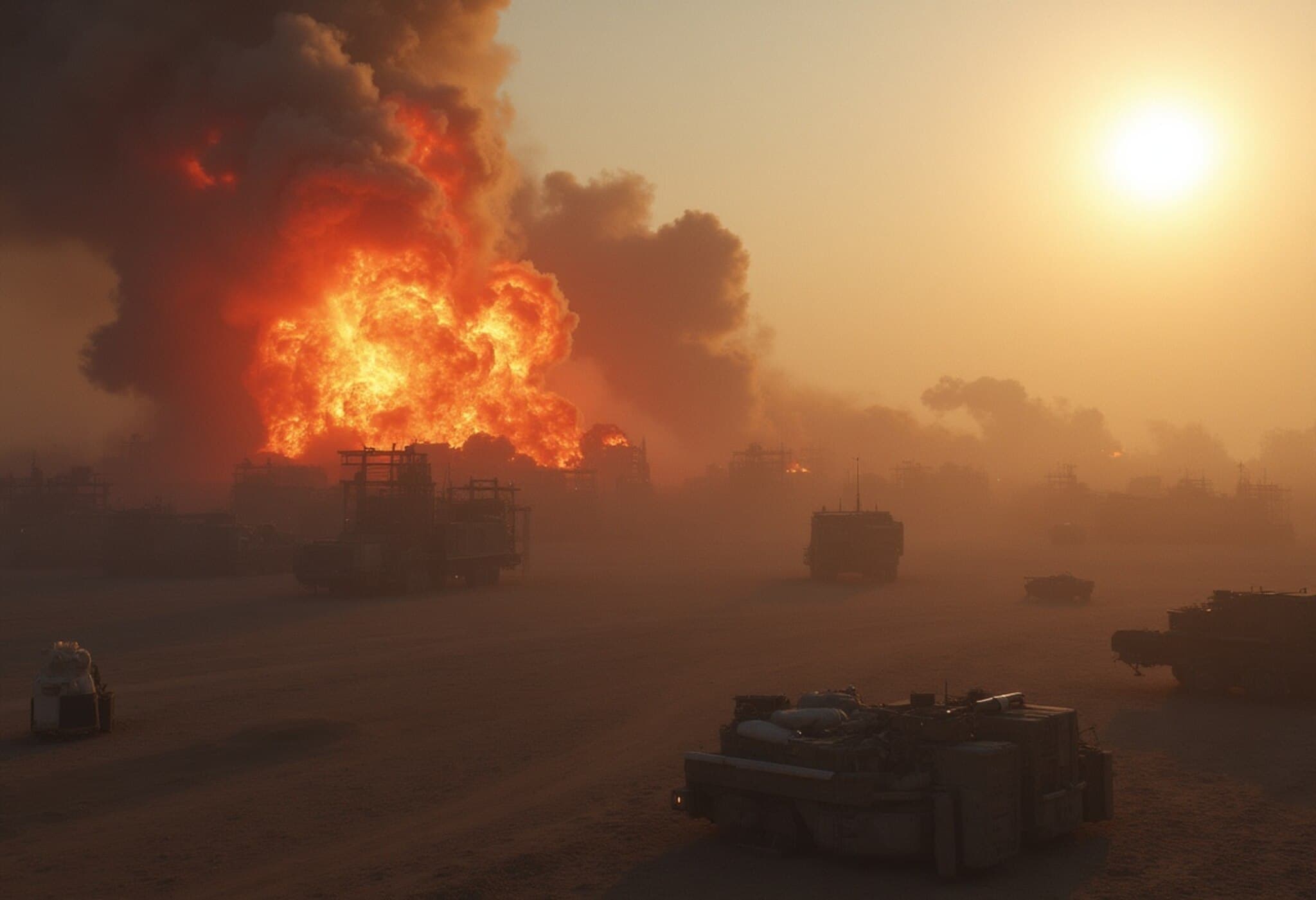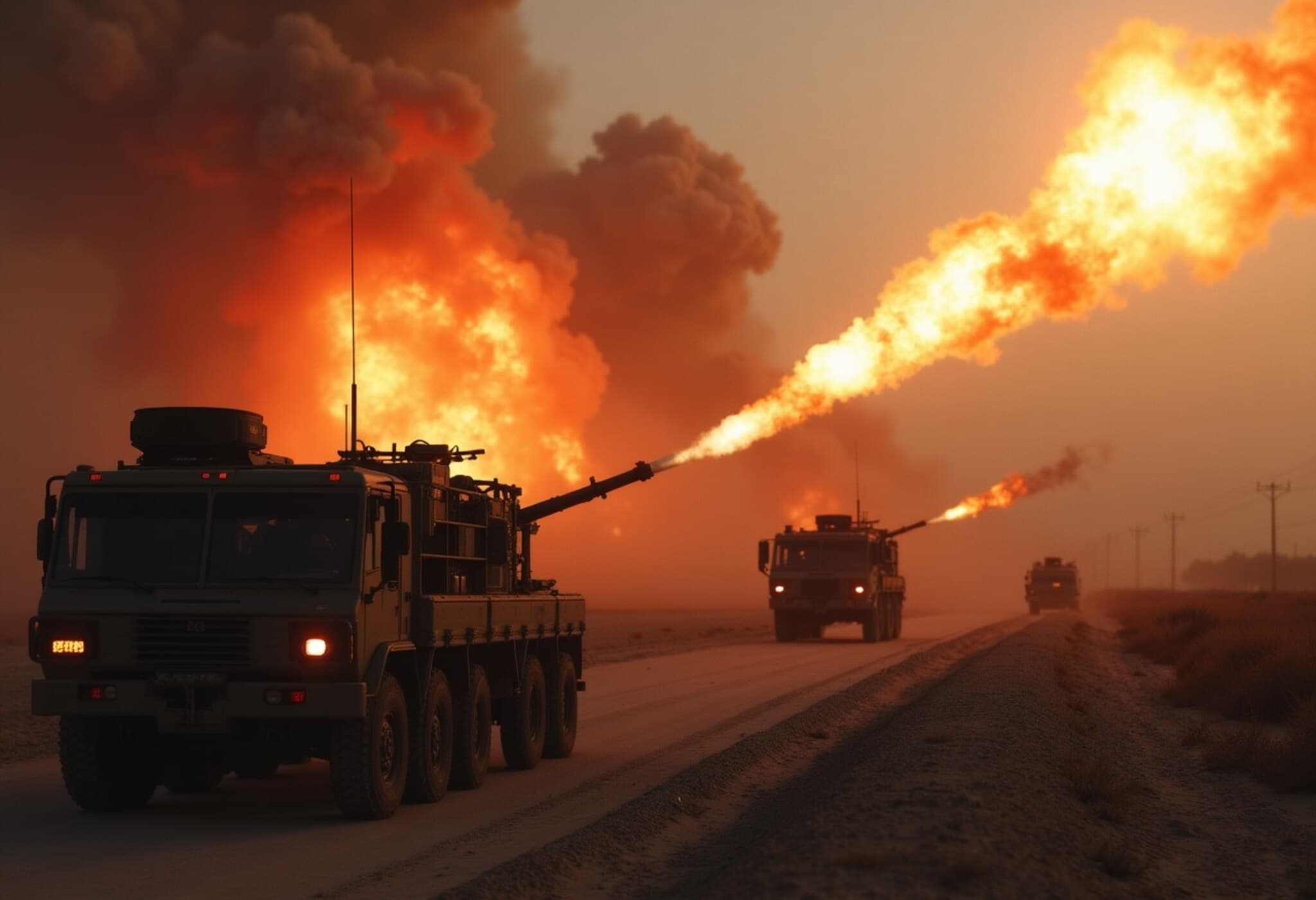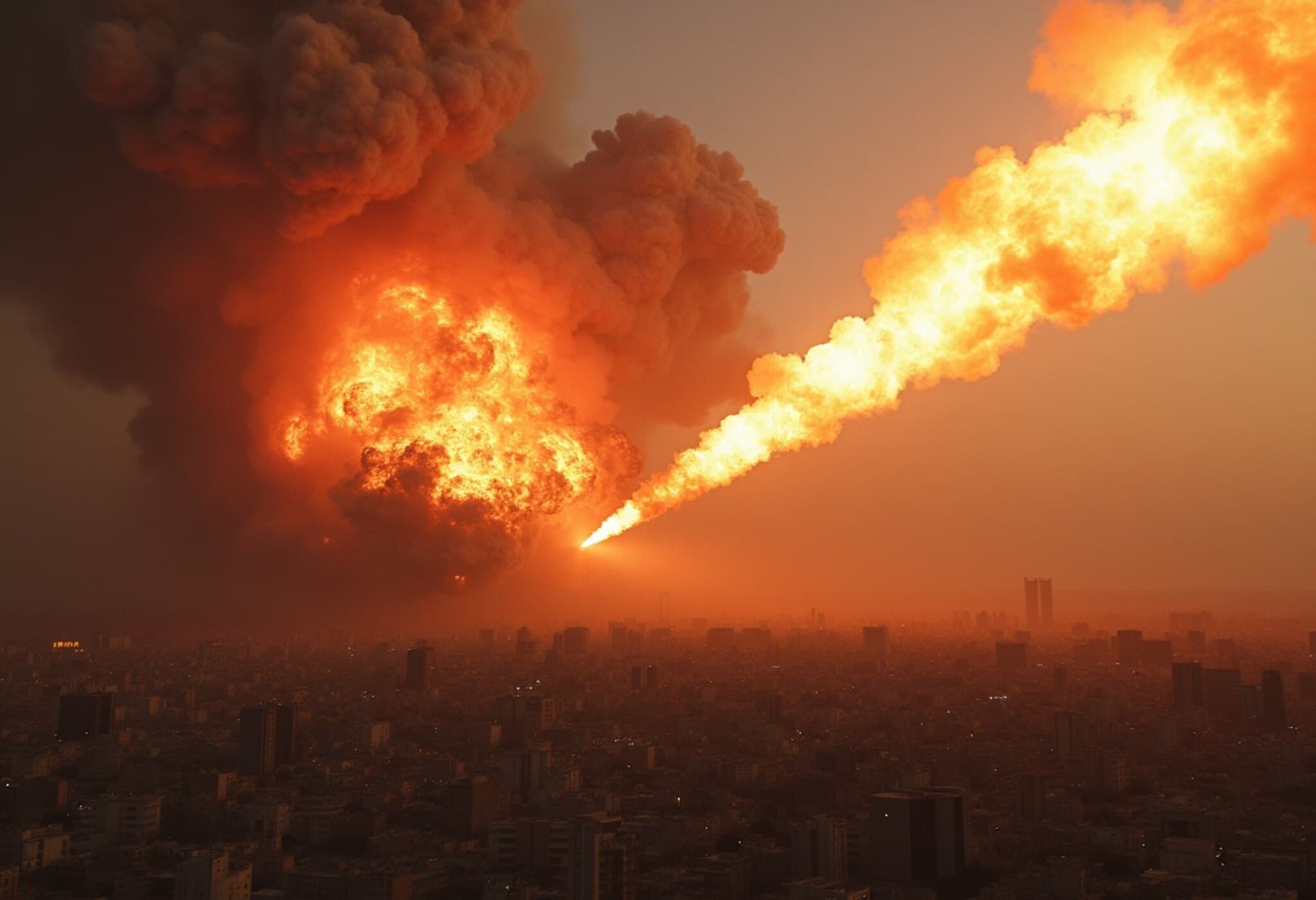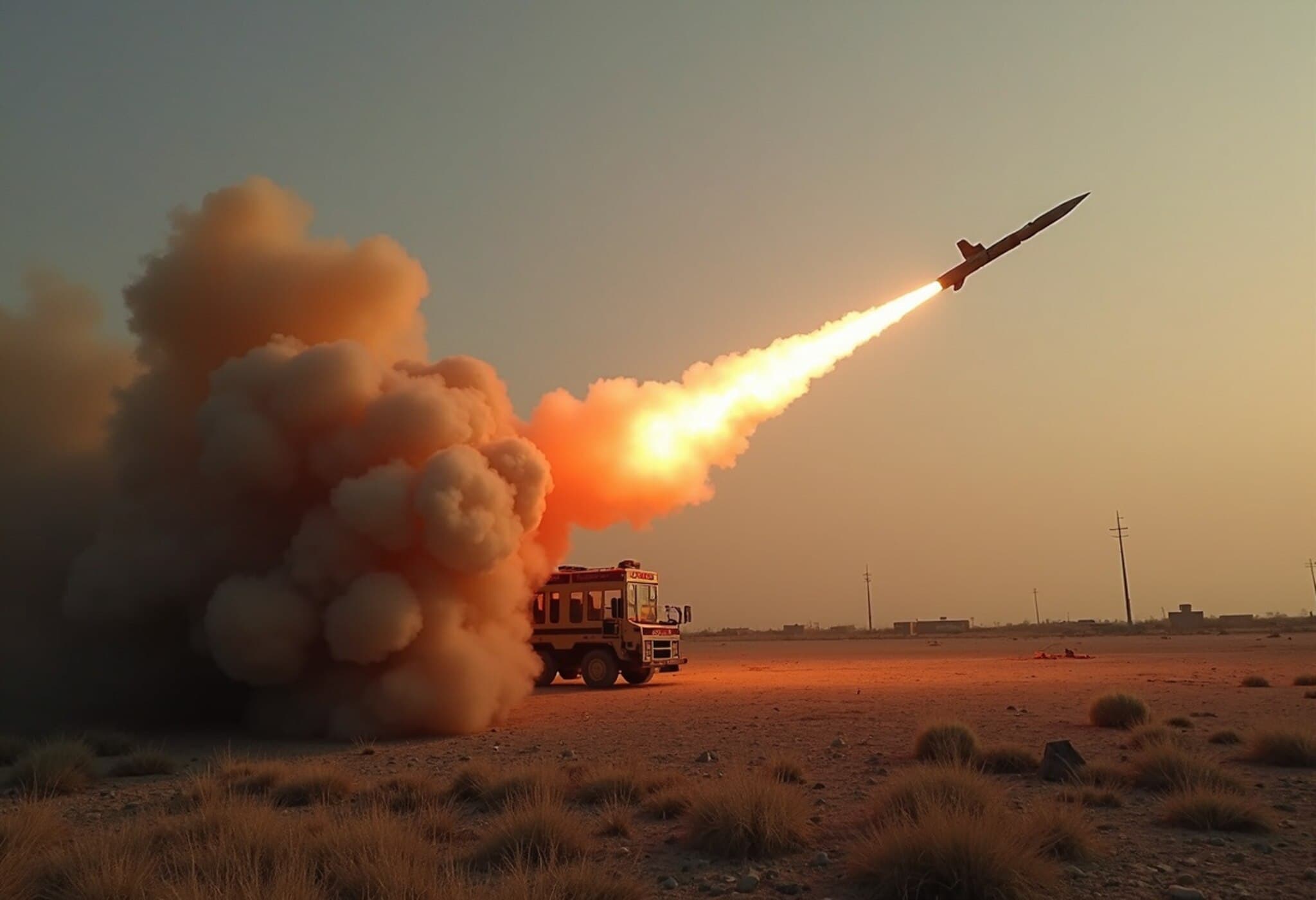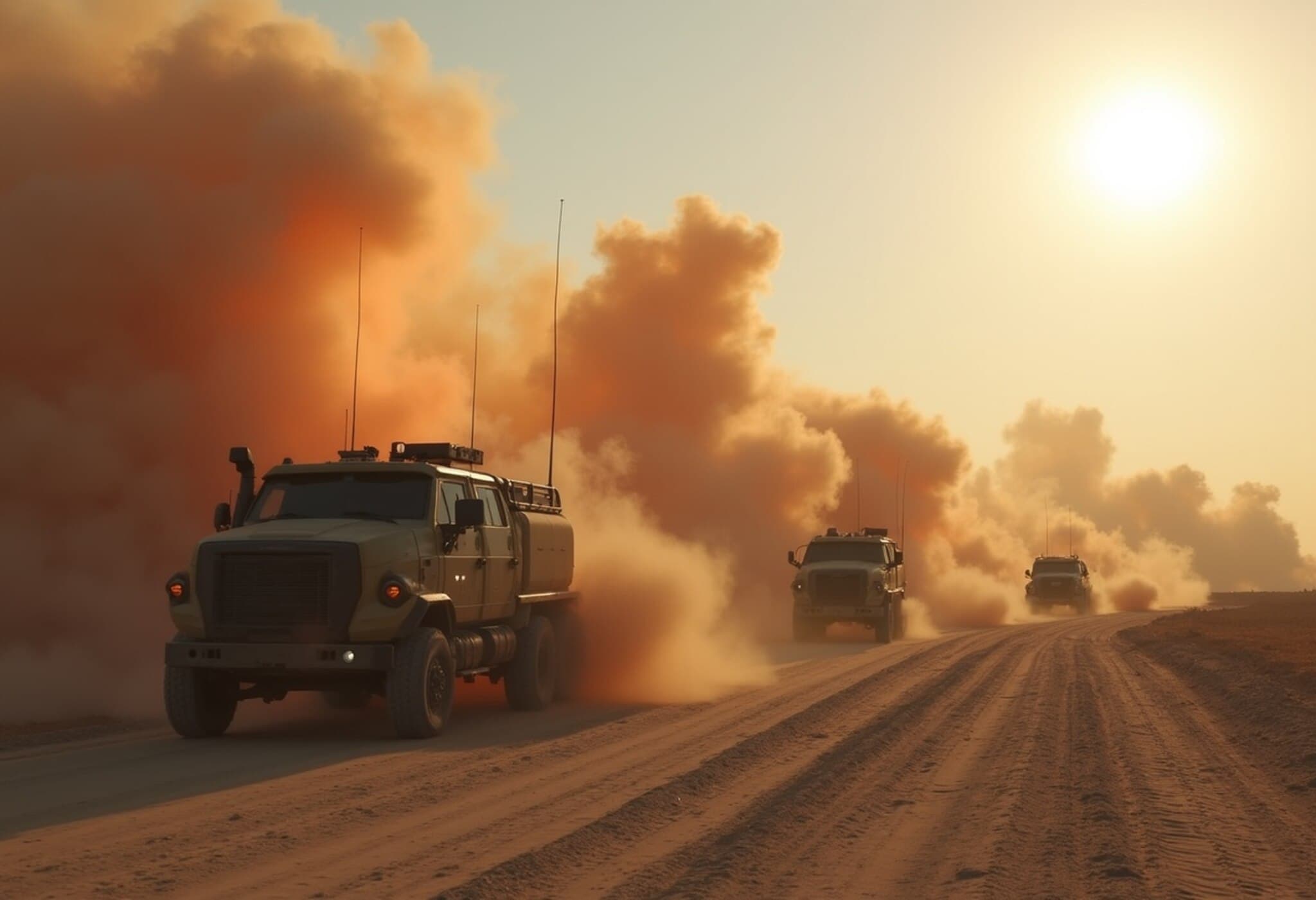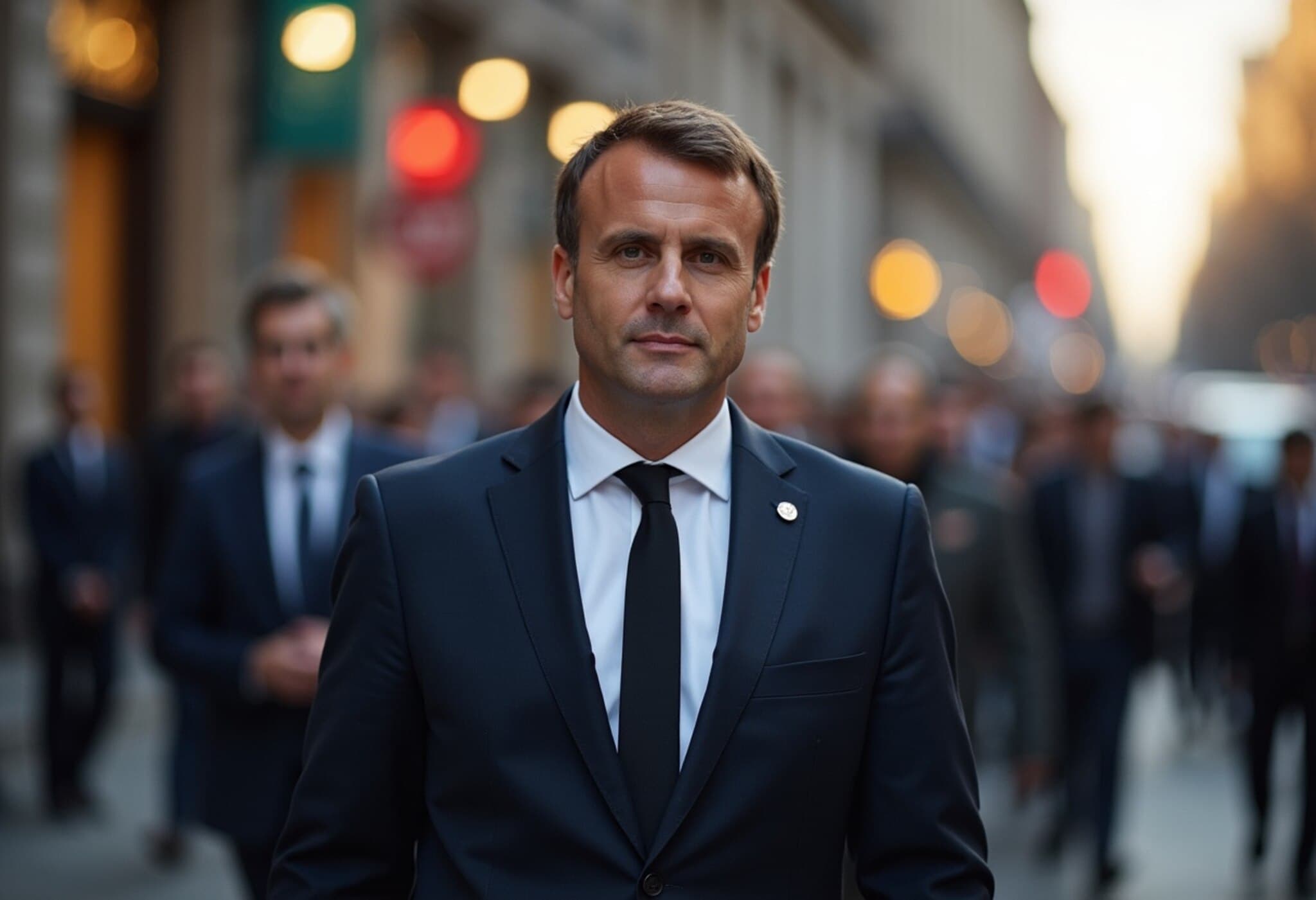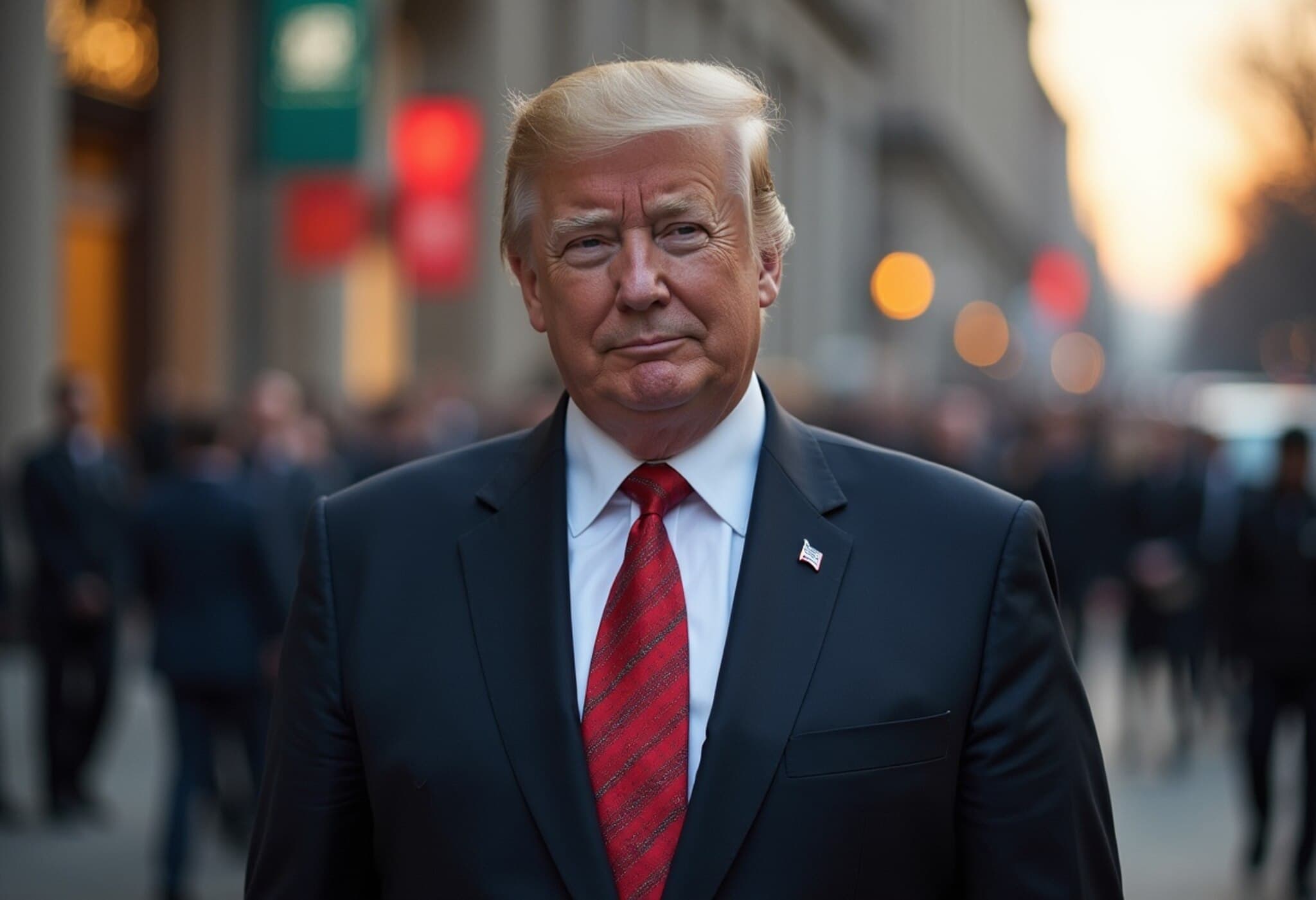US Airstrikes on Iranian Nuclear Facilities Spark Worldwide Backlash
In a dramatic escalation of Middle East tensions, the United States launched airstrikes against three Iranian nuclear sites this past Sunday. The move has ignited a storm of responses from the international community, reflecting a mix of support, condemnation, and urgent calls for diplomatic resolution.
Support and Praise from Israel
Israel’s Prime Minister Benjamin Netanyahu welcomed the strikes emphatically, declaring that President Trump's decisive action would be recorded by history as a pivotal effort to block Iran from acquiring dangerous nuclear weaponry. Netanyahu praised the US for employing “the awesome and righteous might” of its military capabilities to halt what he described as a significant global threat.
Condemnation from Iran and Criticism by Allies
Conversely, Iranian Foreign Minister Abbas Araqchi condemned the attacks as a clear violation of international law and the United Nations Charter. He warned that Iran reserves all rights to defend its sovereignty and interests, underscoring the gravity of what he termed a "lawless and criminal behavior" by the US. Echoing this sentiment, Iranian opposition leader Maryam Rajavi called for the removal of Supreme Leader Ali Khamenei, blaming his regime for wasting trillions and lives and expressing the Iranian people's yearning for peace and freedom.
Calls for Stability and Diplomatic Solutions from Europe
Across Europe, voices urged caution and diplomacy. European Commission President Ursula von der Leyen emphasized that Iran must never acquire nuclear weapons, calling for respect of international law and a renewed diplomatic dialogue to resolve the crisis. French and British officials echoed this stance, with France highlighting the need for solutions within the Non-Proliferation Treaty framework, and British Prime Minister Keir Starmer underscoring the threat posed by Iran’s nuclear ambitions while advocating for a return to negotiations.
Russia and Other Nations Voice Strong Opposition
Dmitry Medvedev, Deputy Chair of Russia’s Security Council, accused President Trump of igniting a new war and sarcastically remarked that such actions detract from any hopes for a Nobel Peace Prize. Meanwhile, the United Nations Secretary-General warned of an extremely dangerous escalation that threatens international peace and security, urging all nations to de-escalate immediately and uphold global obligations.
Regional Concerns and Calls for De-escalation
The United Arab Emirates and Qatar expressed deep apprehension over rising regional instability. Both urged an immediate halt to hostilities to prevent catastrophic repercussions. Other nations including Japan, Italy, New Zealand, and Australia echoed these calls, stressing the importance of diplomacy, dialogue, and a swift de-escalation of tensions to avoid further conflict.
Strong Denunciations from Latin America
From across the Atlantic, countries like Mexico, Venezuela, and Cuba voiced firm condemnations of the US military action. Venezuela’s Foreign Minister termed the strikes as an act of aggression, demanding an immediate cessation of hostilities. Cuba’s President characterized the bombing as a dangerous escalation violating international law, warning it could push humanity into an irreversible crisis.
What Lies Ahead?
The world now faces a crucial crossroads. While some hail the strikes as a necessary step to curb nuclear proliferation, others fear this escalation may spiral into a larger, uncontrollable conflict with devastating consequences. The pathway forward points toward urgent diplomatic efforts and negotiations, the only viable means to stabilize a fragile region and reaffirm global security norms.

